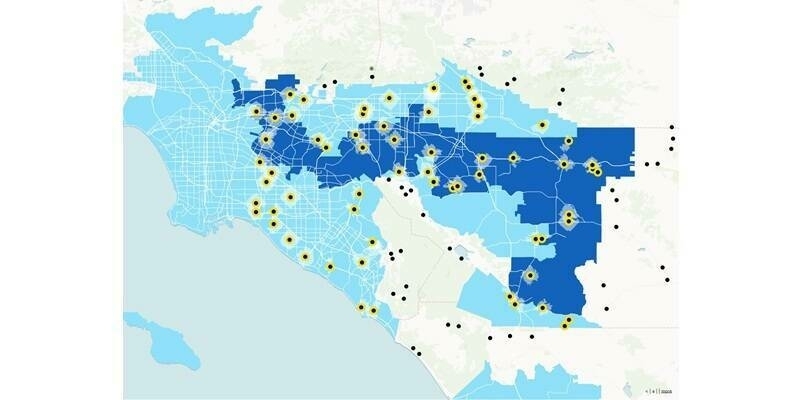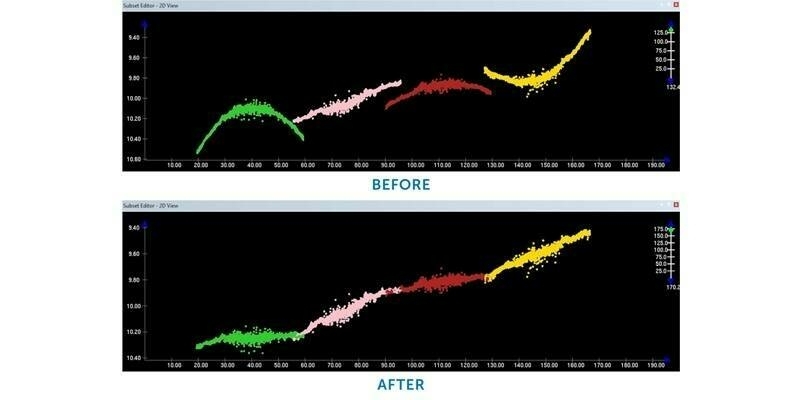GeoCom has announced that Toby Wicks, CEO at RE:ACT Disaster Response and Cathrine Armour, Chief Customer Officer at the UK Hydrographic Office (UKHO) will be its keynote speakers for 2021.
They join thought-leaders from Government, industry and business to share insights on what Responsible Resilient Recovery means from a global perspective at the Association for Geographic Information’s (AGI) flagship event.
Denise McKenzie, AGI Chair says: “As UK prepares to move forward from this unprecedented moment in history, our flagship event returns online to explore the opportunities for geospatial and the role of our community in setting the direction of the new normal and creating a sustainable future. Geospatial has played a vitally important role in our collective response to Covid and can play an even bigger role in our recovery from it. We will consider how to shape a more resilient world while using making responsible use of geospatial technologies.”
“We’re once again holding GeoCom online to enable as many people as possible to participate. It’s free for all AGI members. If you want to take part and you’ve not yet joined, simply sign up for free Network Membership via our website. This is a great opportunity to join the conversation on Responsible Resilient Recovery and discuss how it aligns with creating a sustainable future and I look forward to two afternoons packed with presentations, panel discussions and networking.”
In his keynote on 30 November, Toby Wicks will consider how data can be used ethically and responsibly to support humanitarian efforts worldwide. He will be followed by Dr. Este Geraghty, Chief Medical Officer at Esri who will share her thoughts on how GIS technology will support current stage pandemic response/recovery and future transformation of the health sector.
Later in the programme, Ben Scott-Robinson, Co-founder and CEO of the Small Robot Company puts farming under the spotlight as he discusses the challenges of delivering sustainable, secure and resilient food production in the UK and how the commercial sector can respond.
Cathrine Armour opens day two on 1 December with a keynote which asks how we can ensure that the power of geospatial data is harnessed to address the most significant challenges the planet is yet to face?
Professor Jane Rickson, Cranfield Soil and Agri- food Institute then takes to the stage to focus on the importance of data about soils in relation to the United Nations Sustainable Development Goals, and how geospatial approaches can be used to help sustain this most precious resource. With geospatial and digital techniques evolving rapidly, Rufus Howard - Policy Lead for Impact Assessment, IEMA examines how they are supporting the field of environmental and social impact assessment.
The agenda then turns to infrastructure as Sarah Chilcott, Managing Director, PortalPlanQuest Ltd asks what role land and property data can play in transforming the planning and construction process, and where do the challenges and opportunities lie? Before the final speaker of 2021, Ed Parham, Architect and Director of Innovation and Design, Space Syntax, presents on how spatial analytics can show how the built environment affects long-term social and economic outcomes, and how can these insights be used to inform planning and design decisions.
The full GeoCom21 programme is available online with more speakers to be confirmed.
To register, click here.
Subscribe to our newsletter
Stay updated on the latest technology, innovation product arrivals and exciting offers to your inbox.
Newsletter

